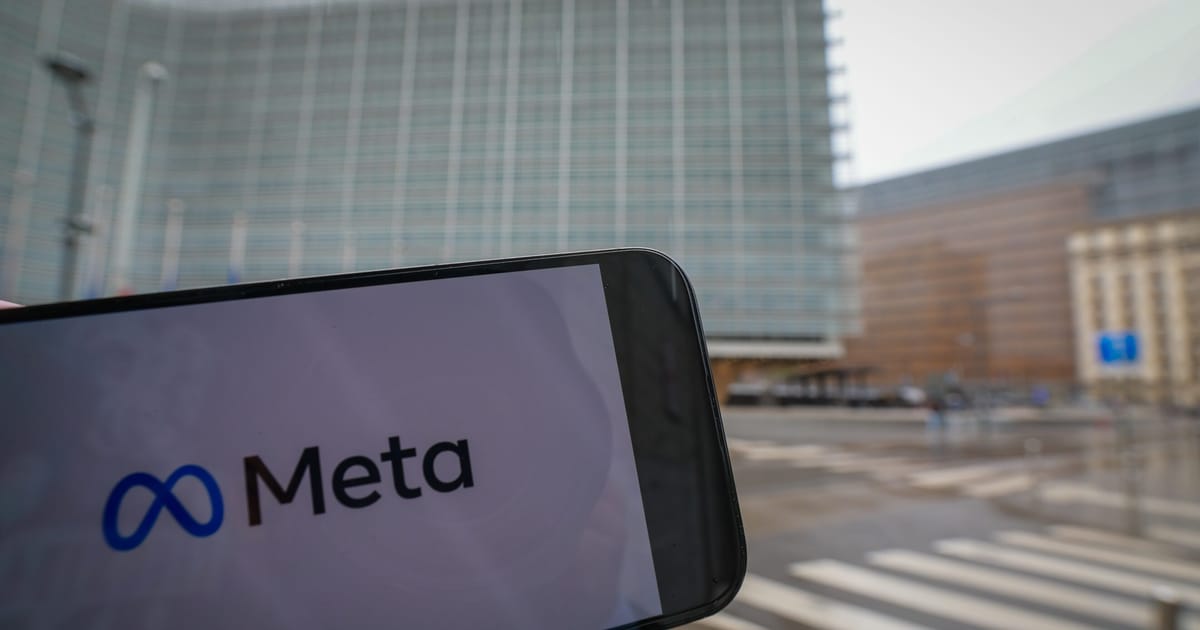

In a recent development that highlights the ongoing dialogue between technology giants and regulatory bodies, Meta Platforms has decided not to endorse the European Union’s AI Code of Practice. This move comes amidst a backdrop of intense lobbying from various quarters within the tech industry, reflecting a broader conversation about the balance between innovation and regulation.
The AI Code of Practice is a strategic initiative by the European Union aimed at ensuring that the development and implementation of artificial intelligence technologies occur within a framework of ethical guidelines and transparency. The code seeks to address concerns surrounding AI applications, particularly those involving user data and privacy, areas that have been under significant scrutiny given the rapidly evolving AI landscape.
Meta, the parent company of social media platforms like Facebook and Instagram, has been one of the most vocal participants in discussions surrounding regulatory measures for AI. Their decision not to sign the code resonates with their longstanding approach to AI development, which emphasizes flexibility and innovation while navigating regulatory environments that they perceive as potentially stifling.
This decision by Meta has not occurred in isolation but is part of a broader resistance from the tech industry regarding the EU’s proposed regulations. Companies in this sector argue that while regulation is essential, overly stringent rules could hamper technological advancement and global competitiveness. The call from the tech industry has been for a regulatory framework that is adaptive and fosters collaboration rather than one that imposes rigid mandates.
Moreover, Meta’s stance highlights the underlying tension between regulatory frameworks and the transnational nature of tech companies. These organizations operate across borders, and the diversity of laws in different regions often presents challenges. The reluctance to sign the EU code may also reflect concerns over precedent-setting regulatory practices that could influence global policy environments.
The ongoing dialogue between Meta and the EU underscores a critical period for artificial intelligence regulation. The balance between ensuring ethical AI practices and promoting technological advancement is delicate, and the outcome of such interactions could shape the future trajectory of AI policies worldwide. As the conversation continues, stakeholders on all sides remain committed to engaging in constructive dialogue, aiming for solutions that protect end-users while fostering innovation.
For now, the tech industry, including giants like Meta, remains in discussions with regulatory bodies to find a common path forward. As these discussions progress, they promise to set important precedents for how technology can be regulated without impeding its potential for positive societal impact. The world will be watching closely as both the EU and tech companies navigate these complex waters, aiming to create an environment where technology can thrive responsibly.
Source: {link}
